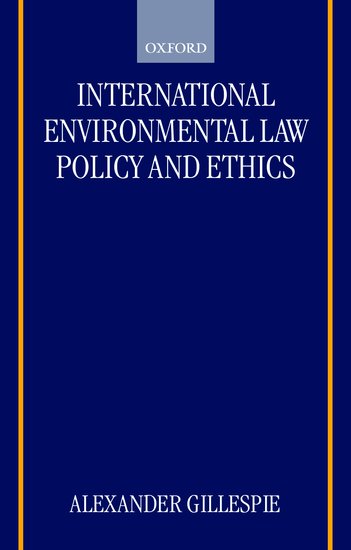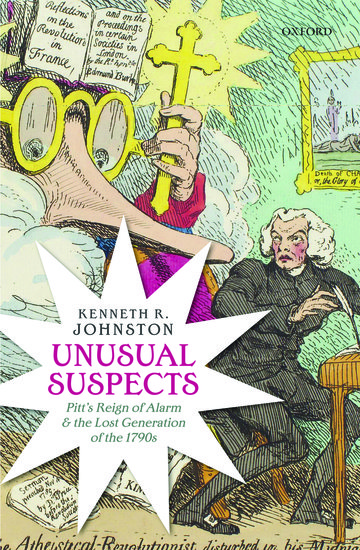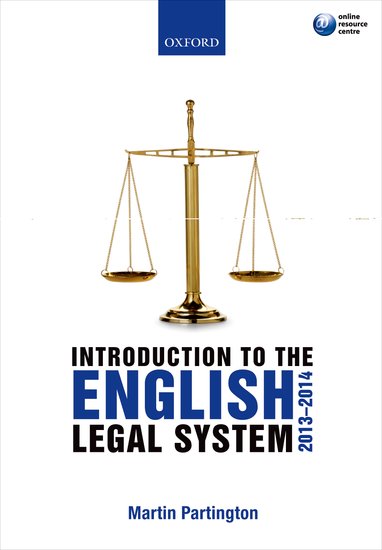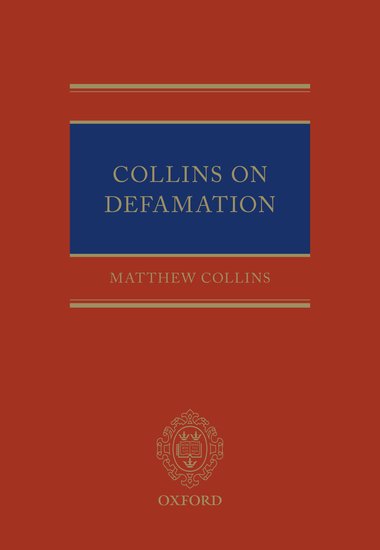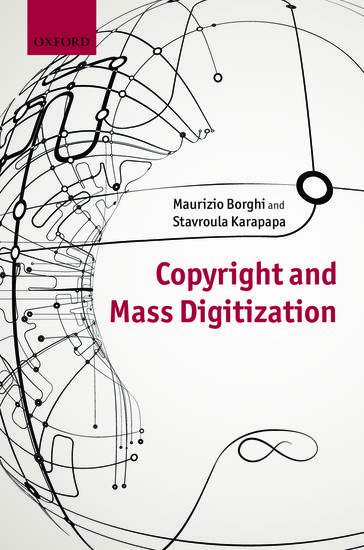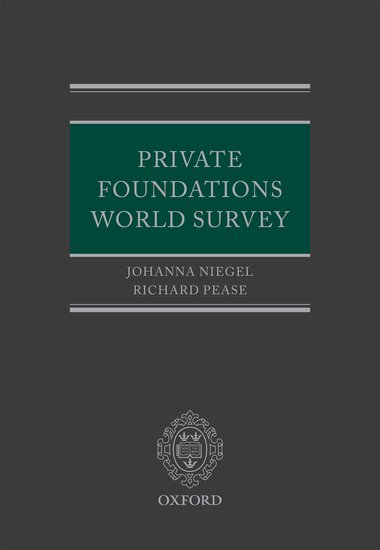How secure are you?
The internet has come a long way since the first “electronic mail” was sent back in 1971… but with its rapid advancement come challenges to cybersecurity and the increasing threat of cyberterrorism, both on an individual level as well as on a larger global scale. In their new book, Cybersecurity and Cyberwar: What Everyone Needs to Know, experts P.W. Singer and Allan Friedman warn us that we may not be as secure online as we think we are.

